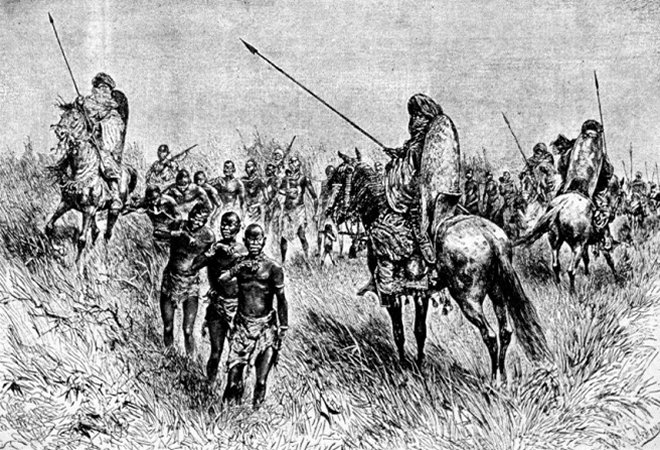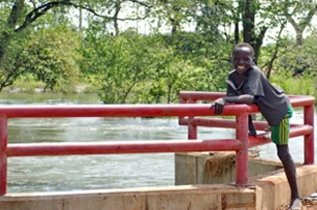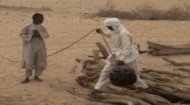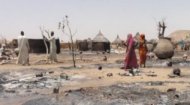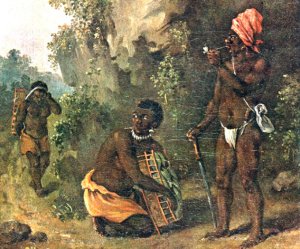
|
Chad History |
Chad History |
Chad History | Chad History |
Explore all about the African nation of the Republic of Chad in a series of pictures, videos and images.
More >
|
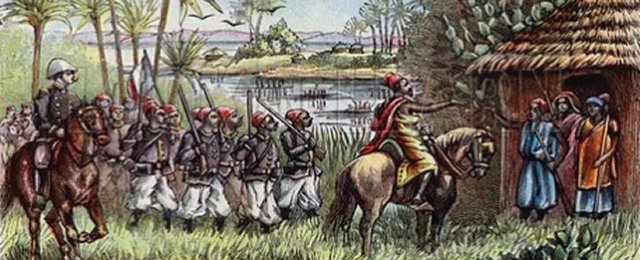
|
By 1910, Chad was formally incorporated into French Equatorial Africa (Afrique Équatoriale Française, AEF), a vast federation that also included Gabon, Middle Congo (present-day Republic of the Congo), and Ubangi-Shari (present-day Central African Republic). N'Djamena, then called Fort-Lamy, was established as the administrative capital. French colonial rule was primarily driven by strategic interests, aiming to connect their North African possessions with their territories further south, and to prevent British or German expansion in the region. Economic exploitation, though present, was limited due to Chad's arid climate and lack of easily accessible natural resources, making it one of the least developed and populated colonies within the AEF. The French administration in Chad faced numerous challenges, including the sheer scale of the territory, its diverse and often resistant populations, and the harsh environment. They implemented a system of direct rule, relying on a small number of administrators supported by an indigenous hierarchy. Forced labour was common, particularly for large infrastructure projects, and a head tax was levied, compelling many Chadians to seek wage labour. Education and healthcare provisions were minimal, primarily benefiting a select few or those serving the colonial administration. Despite the overall lack of economic investment, the colonial period did see the introduction of cotton cultivation in the south, which became a significant cash crop. After World War II, a wave of nationalism swept across Africa, and Chad, like other French colonies, began its journey towards independence. Reforms in the French colonial system granted more political participation, leading to the formation of political parties and an increase in self-governance. On August 11, 1960, Chad officially gained its independence from France, with François Tombalbaye becoming its first president. For Chad's history post independence check out our Chad Profile page. The video above also explores Chad history further. |
